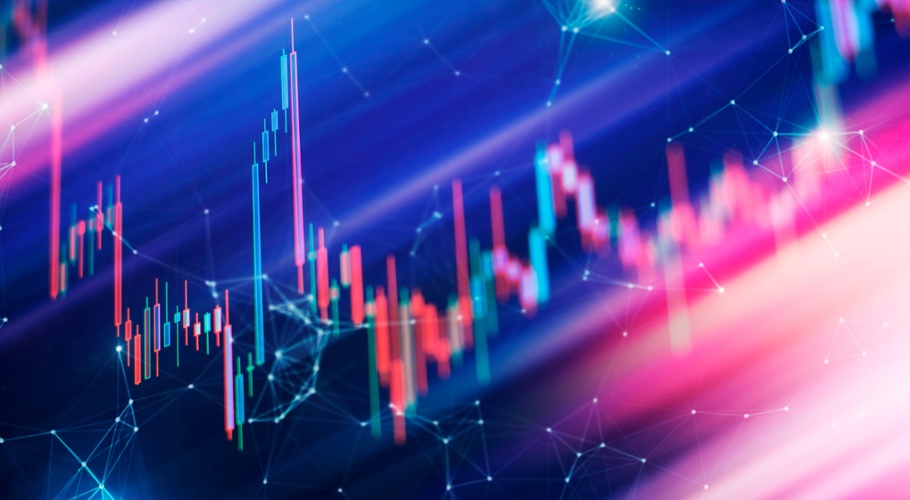Reducing volatility with better ESG assessments
Risk management has always been part of financial advice and investing. It is now more important than ever. As are new risk assessment tools.
Diversification is considered one of the main ways to mitigate investment risk. But that might be hard to do this year, with an already diverse range of existing risks in play and more on the horizon.
While many investors are longing for a return to normality, don’t expect that to happen anytime soon. There could still be several shocks to come – ranging from:
- Recession or no recession – or something in-between?
- The strength of China’s recovery
- COVID – more or less?
- New, disruptive technology/ies
- Money isn’t free let alone cheap anymore
- Geopolitical risks and further supply shocks
- Dwindling savings - as prices rise along with interest rates, and
- Other, unforeseen risks.
Investors need to prepare for a range of possible outcomes – and new assessment tools are helping.
For example, rising interest rates are driving down company earnings, and company valuations on the whole. Central banks in the US, Australia and elsewhere are adding further macro-economic headwinds by continuing to remove money from the local and global economy via quantitative tightening.
Investors need to be aware of highly leveraged companies, as money isn’t free anymore, let alone cheap. A larger slice of earnings will go to service debt. Companies that are able to fund their own growth will have an advantage over their competitors.
By contrast, companies with resilient earnings, normalised inventories and reasonable valuations should fare better. Producers of physical assets will likely receive more attention than those promising intangible upsides.
A new quality factor for defensive assets
Looking at value and quality are other well-known assessment factors. Another is increasingly ESG (Environmental, Social & Governance) considerations, and not just the ‘green’ factors.
Besides how they address environmental concerns, how corporate management responds to social and governance issues is becoming increasingly important.
In fact, a greater focus on ESG principles can form a defensive investment strategy, even help de-risk portfolios, suggests Brett Grant, Head of Product and Trading at AUSIEX.
In what is a first for the advised space, AUSIEX has collaborated with Sustainalytics to offer the value-adding capability to its clients.
“We are pleased to continue to offer additional value to our wholesale trading clients with ESG Risk Ratings” said Mr Grant.
“Trading in the wholesale and sophisticated investor market is about much more than price of individual share trades, it is also about downside protection and these new tools can provide advisers and investors with an added layer of protection should shocks materialise” Mr Grant said.
The AUSIEX ESG Risk ratings tool assesses indexes S&P/ASX200 companies and selected exchange traded funds (ETFs) providing dynamic scoring and ranking of ESG risk factors for companies through to whole portfolios.
Mr Grant added: “The ESG Risk Ratings are designed to help advisers and investors identify and understand financially material ESG risks and how they might affect the long-term performance of their share market investments, a benefit to some in a largely risk-off climate at present.”
It measures each company’s exposure to industry-specific material ESG risks, and how well that company is managing those ESG risks. This is supplemented by further assessments that include:
- Corporate and stakeholder governance,
- Industry level ESG issues, and
- Idiosyncratic corporate ESG issues,
- Assessing carbon risk ratings with emissions research, and
- Controversy assessment covering a large number of news and media sources every day.
These assessments are then brought together to generate an overall and comparative risk score and insights into what the company management is (or is not) doing to manage ESG issues. These scores can then be compared against other companies to determine which ones are best placed to manage the challenge they face now – and in the future.
Sustainalytics, a unit of Morningstar Inc, has been involved in ESG research and assessment for more than 25 years and today has more than 1,100 people, with half of those engaged in research for over 1,200 clients (330 in Australia) including asset managers, asset owners and investment banks.

